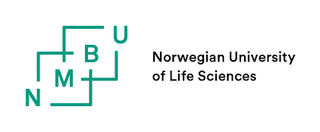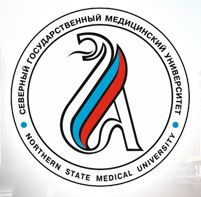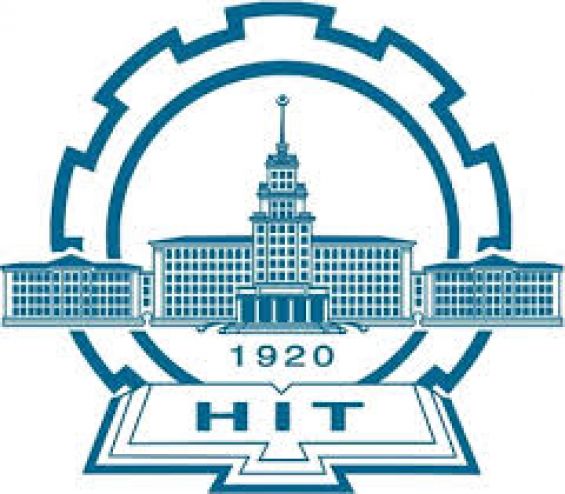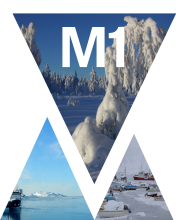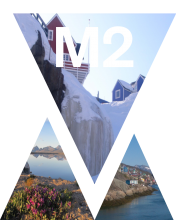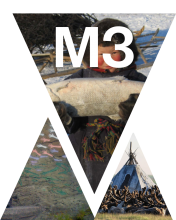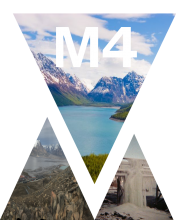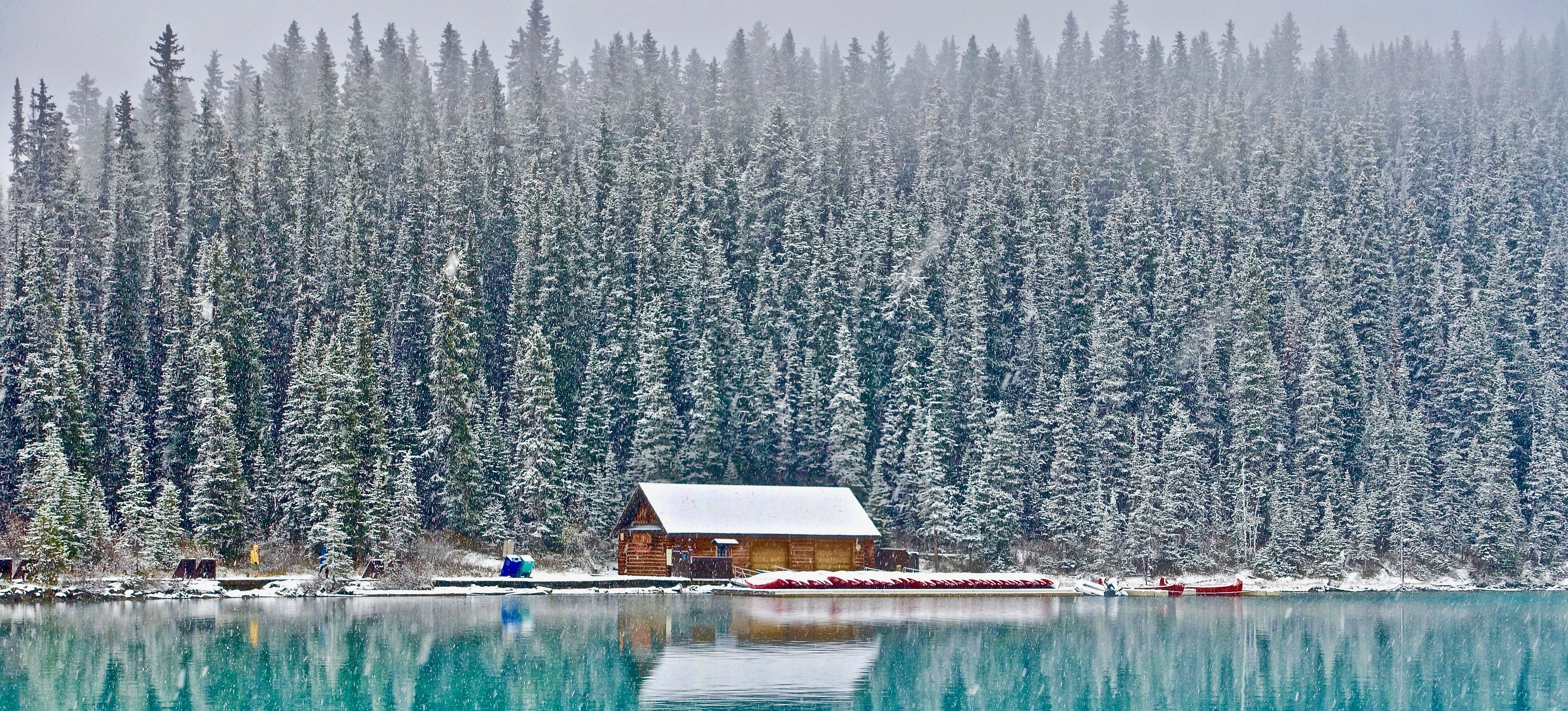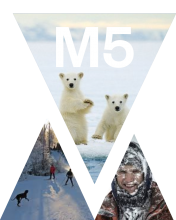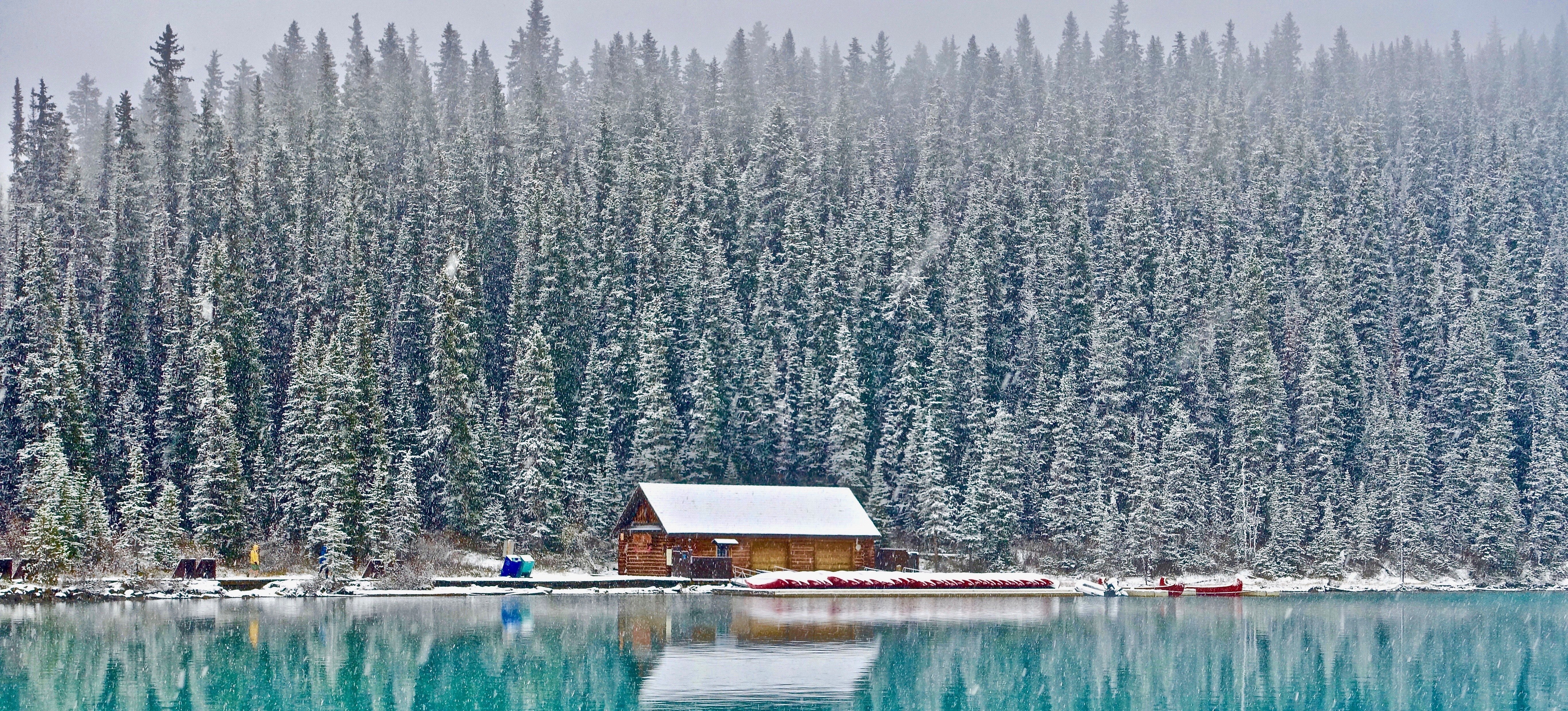

Are you a student or a practitioner interested in WASH knowledge for arctic climates? Then you should have a look at our newly developed Online Course “Arctic Water Sanitation and Health (Arctic WASH)”!
This knowledge platform aims at fostering interactive and practical learning and makes relevant knowledge accessible for users around the world. The Arctic WASH Online Course helps you to apply scientific and administrative knowledge to develop solutions under the harsh climate conditions of the Arctic. Here you will find background information as well as solutions for decentralized water treatment technologies.
The Arctic is the coldest and one of the least populated regions in the world. This creates specific challenges for sustainable sanitation and water management. Today, drinking- and wastewater treatment systems in Arctic regions are under serious pressure. The wastewater treatment ranges from the application of mechanical treatment plants to passive treatment systems consisting of waste stabilization ponds (WSPs), natural or engineered wetlands, and composting or bucket toilets. In many of the poorer communities’ human excreta/wastewater receives no treatment at all. Melting permafrost zones add increasing vulnerability to physical structures and community-based water services. These poor sanitary conditions, often combined with inadequate water supply, give rise to different health problems that compound with Arctic environmental health issues.
Discharge of wastewater into the vulnerable ecosystems in the Arctic may also require different technologies or system designs than those used in warmer climates. Currently, limited information exists about water handling facilities in the Arctic, resulting in considerable uncertainties about the performance and environmental sustainability of existing or potentially different future systems. Changing paradigms aspiring to closed-loop systems and economies also need to be considered for water and sanitation services, such as resource recovery for energy, nutrients and water – yet many institutional and governance barriers inhibit this change.
By following this course, you will get sector specific insights and hands-on knowledge from experts from Arctic universities around the world. The course is structured into 5 modules. In each of the modules you will find short video lectures, as well as literature references, extensive audiotaped lectures, quizzes and useful web links.
Go to Module Selector.



